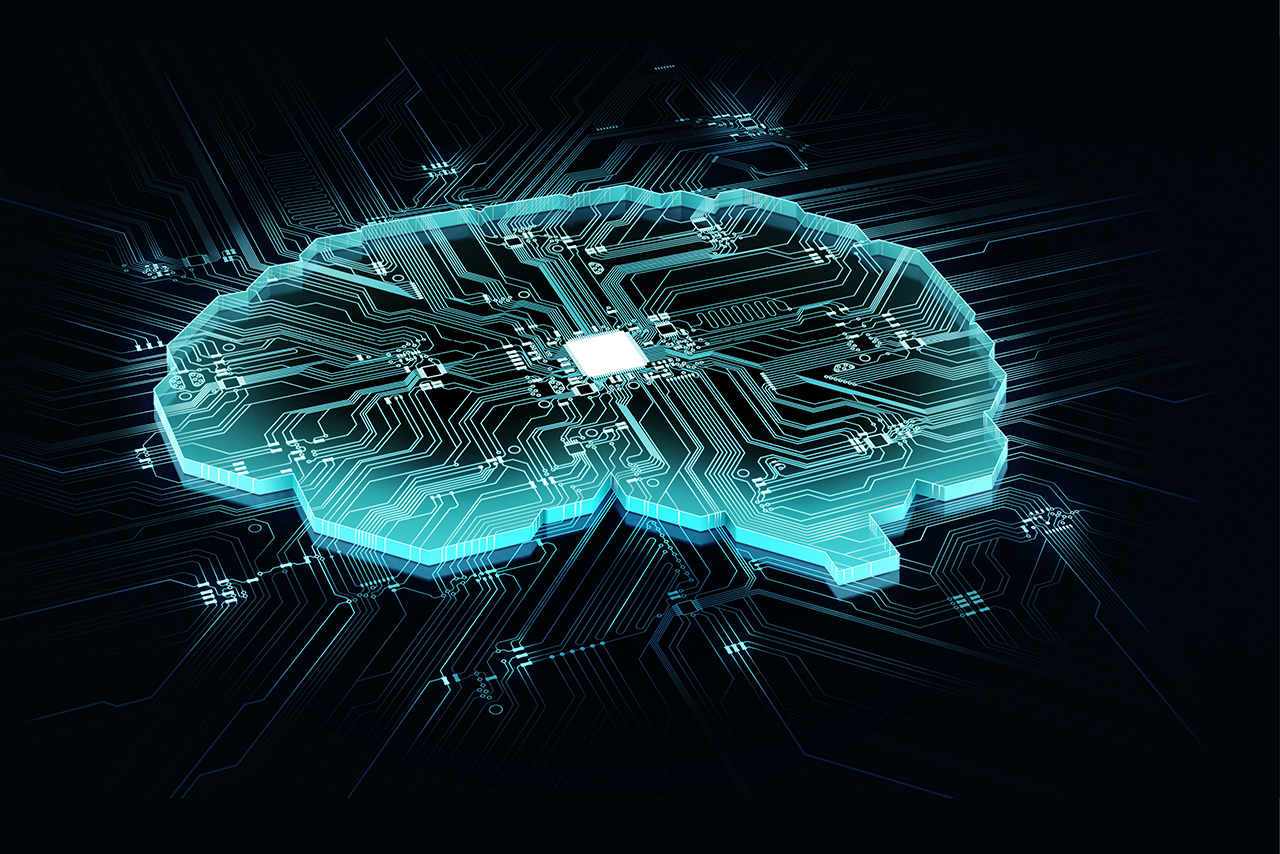WHAT’S NEW IN NEURO
Advancements in Brain Injury Treatment
Brain injury is a lifelong, oftentimes deeply debilitating condition, both for the brain injury survivors themselves and their caregivers and loved ones.
Silver linings are hard to find in that grim fact, but one good truth to emerge from the increasing incidents of brain injury during the past 25 years is the advancements made in understanding and mitigating the impact of brain injury.
One good truth to emerge from the increasing incidents of brain injury during the past 25 years is the advancements made in understanding and mitigating the impact of brain injury.
WHAT’S NEW IN NEURO
Advancements in Brain Injury Treatment
Brain injury is a lifelong, oftentimes deeply debilitating condition, both for the brain injury survivors themselves and their caregivers and loved ones.
Silver linings are hard to find in that grim fact, but one good truth to emerge from the increasing incidents of brain injury during the past 25 years is the advancements made in understanding and mitigating the impact of brain injury.
One good truth to emerge from the increasing incidents of brain injury during the past 25 years is the advancements made in understanding and mitigating the impact of brain injury.
Here are a few incredible recent brain injury treatment advancements:
Helping the silenced speak
Thanks to the power of AI, a woman paralyzed as the result of a stroke was able to speak and even show facial expressions using an electronic avatar.
UCSF neurosurgeon Edward Chang, along with other researchers, implanted an AI device in the woman’s brain. The device translated the woman’s signals into expressions and words spoken and shown by the avatar on the screen in near real-time. The groundbreaking technology is being hailed as a watershed moment in the fields of both neuroscience and biotechnology. Read the formal study, released in August 2023, here.
Improving speech brain implants improves speech speed
Another brain implant that’s been developing for well over a decade is implants that help people who can’t speak due to neurological conditions, such as ALS, or brain injury damage from brain tumors, to speak again.
The problem is that the implants couldn’t decode the person’s thoughts fast enough. Until now. By putting even more senses on a smaller surface area, scientists have successfully tested new brain implants that allow people using them to speak at near-normal speech rates.
Brain implant helps man walk again
Gert-Jan Oskam was paralyzed due to a spinal cord injury. Thanks to a new spinal implant that uses AI, he’s been walking again for over a year. Even more remarkable, he appears to be showing signs of neurogenesis.
Oskam had other spinal implants previously. Indeed, spinal implants to help paralyzed people move again have been evolving for decades. But Oskam says this implant – which uses the power of AI – feels differently because it’s responding to him as opposed to the other way around. Read the study here.
ABOUT BRAIN INJURY ASSOCIATION OF ARIZONA
The Brain Injury Association of Arizona (BIAAZ) is the only statewide nonprofit organization dedicated to improving the lives of adults and children with all types of brain injuries through prevention, advocacy, awareness and education. BIAAZ also houses the Arizona Brain Health Resource Center, a collection of educational information and neuro-specific resources for brain injury survivors, caregivers, family members and professionals.
What began in 1983 as a grassroots effort has grown into a strong statewide presence, providing valuable life-long resources and community support for individuals with all types of brain trauma at no charge.






